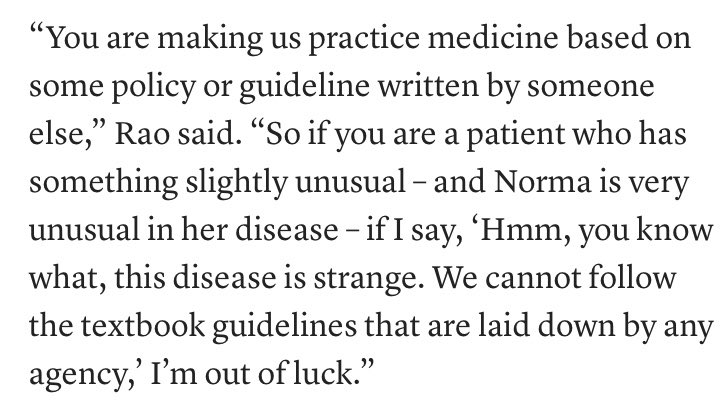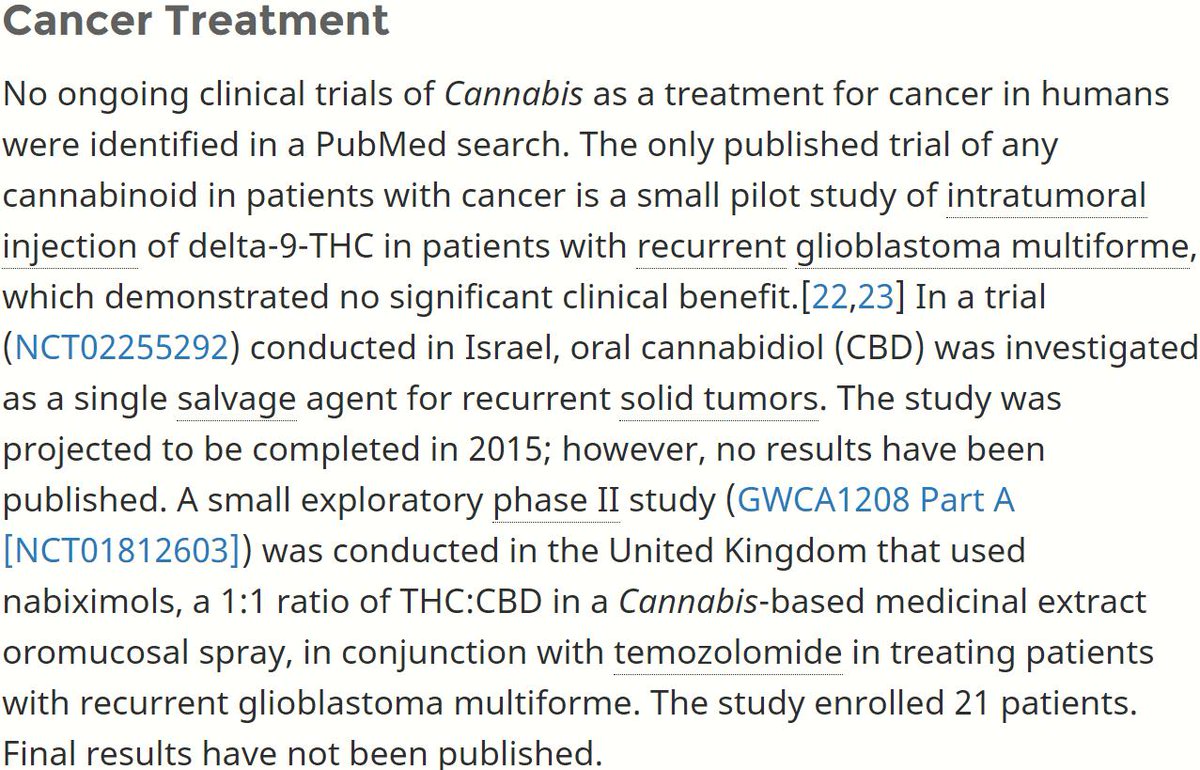How often are cancer drugs approved based on trials that compared them to suboptimal controls?
Quick thread jamanetwork.com/journals/jamao…
-> It is not a drug that was proven to be superior to placebo based on a phase 3 RCT (in fact, many are not)
Any drug that is likely more effective than placebo can be considered SOC (many established cancer therapies)
Many SOC therapies did not become SOC because of phase 3 data showing OS benefit.
Shouldn’t any new drug, moving forward, be able to demonstrate effectiveness above SOC?
Now that there is a selection of active agents to build upon, shouldn’t we want to improve SOC?
We looked at all the FDA approvals from this website between January 2013 through July 2018 (fda.gov/drugs/resource…)
We then evaluated the control arms and start date of participant accrual on trials.
More on this in this @statnews piece
statnews.com/2019/05/02/sub…
This piece in @MedscapeOnc expands on how the categories of suboptimal control medscape.com/viewarticle/91…
Listen to my discussion with @VPrasadMDMPH on @Plenary_Session podcasts.apple.com/us/podcast/ple…
17% of RCTs that led to cancer drug approvals between 2013 and 2018 were based on control arms deemed suboptimal.
I hope you will see that this phenomenon occurs more often than necessary, whether it’s 17%, 15%, or 12%.
Oncologists need to examine the evidence for themselves when deciding on using a new approved agent and ask themselves - is this drug truly better than what is already available? And by how much? And at what cost?
Please share this thread. And if you have thoughts or suggestions about ways to improve things moving forward, please reply below.








